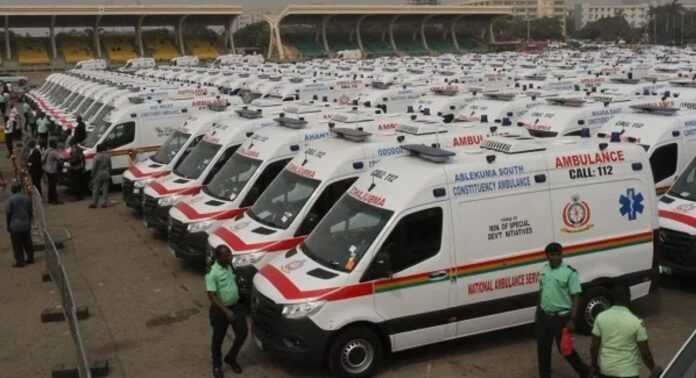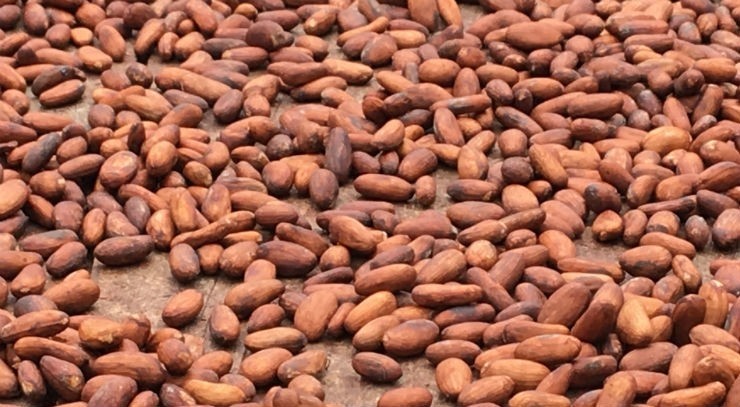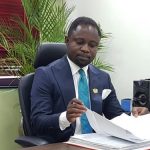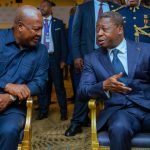The Director of Research at the Institute of Economic Affairs (IEA), Dr. John Kwakye, has outlined six pivotal factors that will play a decisive role in determining the outcome of Ghana’s upcoming 2024 general elections.
According to Dr. Kwakye, these factors are critical in shaping voter sentiment and will ultimately guide the electorate’s judgment of the incumbent administration.

In a post on his X page, Dr. Kwakye stated, “Elections are almost invariably a judgment on the incumbent administration record,” emphasizing that the current government’s performance will heavily influence voters’ choices. The six factors he identified are:
- The Economy
- Illegal Small-Scale Mining (Galamsey)
- Corruption
- Nepotism and Cronyism
- LGBTQI+ Issues
- Free Senior High School (SHS) Programme
These issues, he noted, would form the basis for the electorate’s assessment of the government’s achievements and failures during its tenure.

The economy remains a crucial concern for many voters, especially given the challenges of inflation, unemployment, and the rising cost of living. The controversial issue of galamsey (illegal mining) and its environmental impact also remains a significant topic in national discourse.
Corruption, nepotism, and cronyism continue to be concerns for many Ghanaians, with voters seeking transparency and accountability from their leaders.
Additionally, the LGBTQI+ debate has become a divisive issue in recent times, with strong opinions on both sides.
The Free SHS programme, introduced by the current administration, will also be closely scrutinized, particularly with regards to its sustainability and effectiveness.
In a separate post, Dr. Kwakye urged Ghanaians to reject leaders who rely on borrowing as a means of development.
He emphasized that Ghana has enough natural resources to fuel its development, and that only leaders willing to harness these resources for the country’s benefit should be considered in the elections.
“We have enough resources here at home. We don’t need to go out and borrow. We should accept only leaders prepared to enable Ghana to derive maximum benefit from its natural resource wealth,” he added.
Ghanaians are set to go to the polls on December 7, 2024, to elect a new president and Members of Parliament.
The elections will determine the country’s leadership for the next four years, starting January 7, 2025. With these key issues at the forefront of the campaign, voters will have a clear opportunity to weigh the performance of the current administration and choose the leadership that aligns with their hopes for the nation’s future.
























































![[FREE FREE MONEY] Predict and Win a Guaranteed GH¢200 From Us EVERY WEEK](https://wordpress.ghanatalksradio.com/wp-content/uploads/2022/02/Predict-and-Win-Final-09-03-2021-218x150.jpg)
![[Predict & Win – 8th/Oct.] WIN A Guaranteed ¢200 From Us This Week](https://wordpress.ghanatalksradio.com/wp-content/uploads/2021/10/maxresdefault-16-218x150.jpg)
![[Predict & Win – 2nd] WIN A Guaranteed ¢200 From Us This Week](https://wordpress.ghanatalksradio.com/wp-content/uploads/2021/09/maxresdefault-50-218x150.jpg)
![[Predict & Win – 25th] WIN A Guaranteed ¢200 From Us This Week](https://wordpress.ghanatalksradio.com/wp-content/uploads/2021/09/maxresdefault-36-218x150.jpg)
![[Predict & Win – 18th] WIN A Guaranteed ¢200 From Us This Week](https://wordpress.ghanatalksradio.com/wp-content/uploads/2021/09/maxresdefault-23-218x150.jpg)







![[National cathedral] See full list of churches that have contributed since 2018](https://wordpress.ghanatalksradio.com/wp-content/uploads/2020/09/Ghana-National-Cathedral-GhanaTalksRadio-100x70.jpg)



